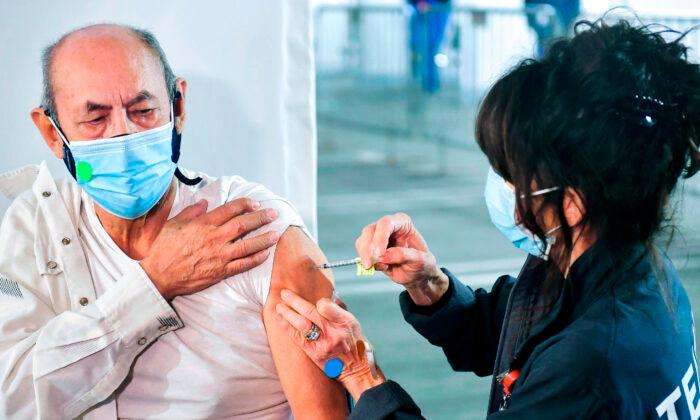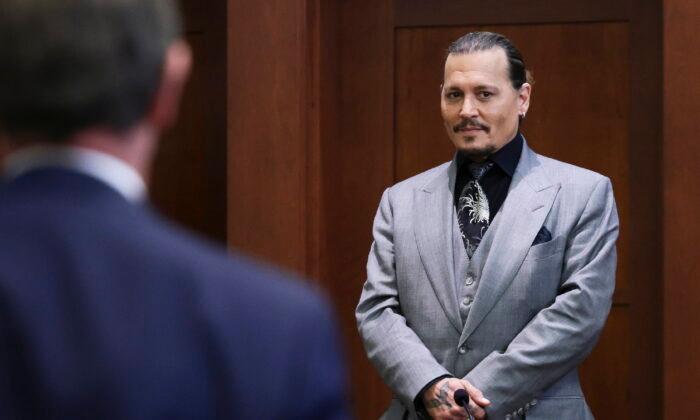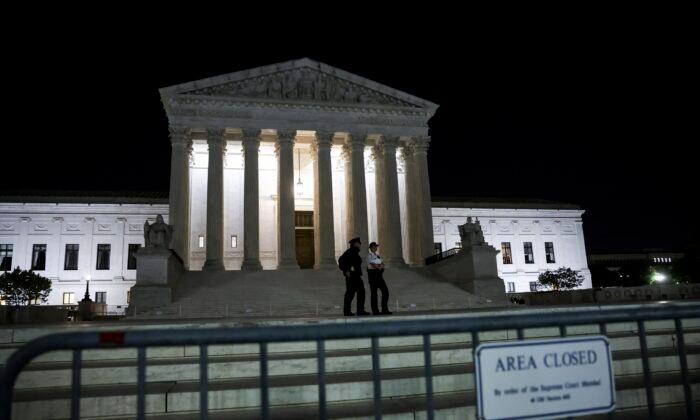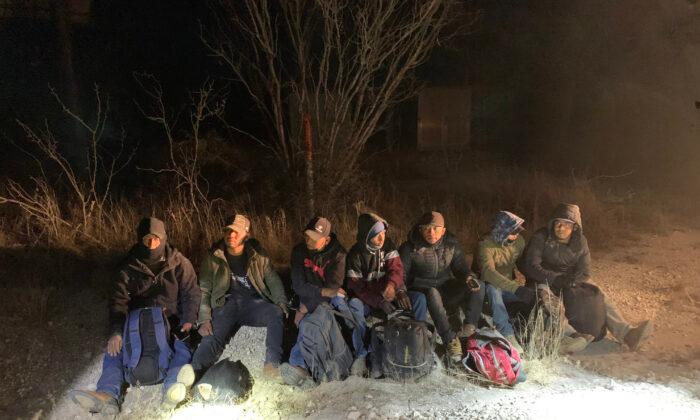Two small clusters of deaths after COVID-19 vaccination have been reported among nursing homes in Kentucky and Arkansas.
In Kentucky, four seniors died the same day of their vaccination on Dec. 30, 2020; three of the four reportedly already had had coronavirus prior to getting vaccinated.
In Arkansas, four seniors died at a long-term care facility about a week after their vaccination. All tested positive for COVID-19 after vaccination.
The deaths are reported in a federal database called VAERS, the Vaccine Adverse Event Reporting System.
Kentucky Nursing Home Deaths
According to VAERS reports, the Kentucky deaths occurred after vaccinations with the Pfizer-BioNTech vaccine. An ill 88-year-old woman who was “14 + days post covid” was given the Pfizer-BioNTech shot while she was “unresponsive in [her] room.” She died within an hour and a half (914961-1). An 88-year-old who was “15 days post covid” got the shot, was monitored for 15 minutes afterward, and died within 90 minutes (914994-1). A third report says an 88-year-old woman who was “14 + days post covid” vomited four minutes after receiving her shot, became short of breath, and died that night (915562-1). And an 85-year-old woman vaccinated at 5 p.m. was “found unresponsive” less than two hours later and died shortly after (915682-1).In response to questions about the Kentucky cluster, a spokesman for the Centers for Disease Control and Prevention (CDC) said its experts noted “no pattern ... among the [Kentucky] cases that would indicate a concern for the safety of the COVID-19 vaccine.”
Scientists differ on whether people who have had coronavirus, such as the Kentucky patients, should receive the COVID-19 vaccination at all. The CDC insists it’s safe for people who have recovered from COVID-19 to get vaccinated and that there’s no minimum interval recommended between infection and vaccination.
“Vaccination should be offered to persons regardless of history of prior symptomatic or asymptomatic SARS-CoV-2 [the virus that causes COVID-19] infection,” it states.
But other scientists say vaccinating people who are already considered immune after a natural COVID-19 infection wastes valuable doses of vaccines when there are shortages. And neither Pfizer’s nor Moderna’s studies showed any benefit to vaccinating previously infected patients.
The Kentucky patients were vaccinated shortly after the CDC disseminated false information on this point. The CDC claimed studies showed that vaccines are effective for people who have had COVID-19. The disinformation was given on the agency’s website, in its Morbidity and Mortality Weekly Report, and in a webinar instruction to medical professionals.
In the webinar, the CDC’s Dr. Sarah Oliver falsely stated, “Data from both clinical trials suggests that people with prior infection are still likely to benefit from vaccination.”
Under pressure from Rep. Thomas Massie (R-Ky.), who first flagged the CDC’s incorrect information in December, the agency recently issued a correction but used wording that still falsely implies studies showed that the vaccines helped people previously infected with COVID-19.
Meanwhile, preliminary results from a study co-authored by a team of more than two dozen researchers noted that people infected with COVID-19 in the past “experience systemic side effects with a significantly higher frequency” after vaccination than others.
The CDC confirms that it’s monitoring reports that people who’ve already had COVID-19 seem to be suffering significantly more frequent or more severe reactions after vaccination, or “reactogenicity,” than those who didn’t have COVID-19.
Arkansas Nursing Home Deaths
Four nursing home deaths in Arkansas occurred after vaccination with the Moderna-manufactured vaccine. All four patients tested positive for COVID-19 after vaccination, according to the VAERS reports. But there’s no indication as to whether they had coronavirus at the time of their vaccination or acquired it after their shot.The person who reported the 78-year-old’s death claimed she died “as a result of COVID-19 and her underlying health conditions and not as a result of the vaccine.”
Frail Patients
Separately, the CDC is monitoring the impact of the vaccines on already-frail patients such as the chronically ill in nursing homes.In Norway, alarm bells sounded when 23 people died shortly after vaccination. After investigating 13 of the deaths, Norway’s medical agency has concluded side effects that are common with the Pfizer-BioNTech and Moderna vaccines, such as fever, nausea, and diarrhea, “may have contributed to fatal outcomes in some of the frail patients.”
“There is a possibility that these common adverse reactions, that are not dangerous in fitter, younger patients and are not unusual with vaccines, may aggravate underlying disease in the elderly,” said Steinar Madsen, medical director of the Norwegian Medicines Agency.
A World Health Organization (WHO) expert panel disagrees. It says the deaths “are in line with the expected, all-cause mortality rates and causes of death in the sub-population of frail, elderly individuals, and the available information does not confirm a contributory role for the vaccine in the reported fatal events.”
But one unanswered question is whether patients who are both frail and have already had COVID-19 might suffer a double-whammy that puts them at greater risk when vaccinated. First, those with a previous COVID-19 infection might be more likely to suffer adverse events upon vaccination, according to scientific reports. Second, their frailty may make them less able to handle the adverse events, as Norway’s medical agency found with some patients.
In the United States, VAERS reports contain numerous other cases of elderly, frail people who’d had COVID-19, got vaccinated, and died.
In other cases, elderly, frail patients tested positive for COVID-19 shortly after vaccination.
A WHO vaccine safety subcommittee reviewed reports of deaths among the frail, elderly after the Pfizer-BioNTech vaccine. The members determined, two weeks ago, there’s no cause for concern.
Pfizer, Moderna, and CDC Responses
In response to questions for this report, Pfizer issued a statement saying: “We take adverse events that are potentially associated with our COVID-19 vaccine, BNT162b2, very seriously. We closely monitor all such events and collect relevant information to share with global regulatory authorities. Based on ongoing safety reviews performed by Pfizer, BioNTech, and health authorities, BNT162b2 retains a positive benefit-risk profile for the prevention of COVID-19 infections.”Pfizer said that millions of people have been vaccinated and that “serious adverse events, including deaths that are unrelated to the vaccine, are unfortunately likely to occur at a similar rate as they would in the general population.”
Pfizer didn’t answer whether it has concluded that any deaths might be linked to vaccination. It also wouldn’t answer whether it has looked at any clusters of deaths, or noted any patterns or areas of concern. And the company wouldn’t say whether it recommends that those recently or currently infected with COVID-19 get vaccinated.
Moderna didn’t answer our questions or respond to a request for information and comment by press time.
Currently, the CDC recommends vaccination for people who’ve already had coronavirus.
The agency didn’t directly answer the question of whether it’s safe for people to get vaccinated while they have an active COVID-19 infection. A CDC spokesman said that deferring vaccination is recommended in those instances, but didn’t say whether it was due to a safety issue.
“Vaccination of persons with known current SARS-CoV-2 infection should be deferred until the person has recovered from the acute illness (if the person had symptoms) and criteria have been met for them to discontinue isolation,” says the CDC. “This recommendation applies to persons who develop SARS-CoV-2 infection before receiving any vaccine doses as well as those who develop SARS-CoV-2 infection after the first dose but before receipt of the second dose.”






Friends Read Free